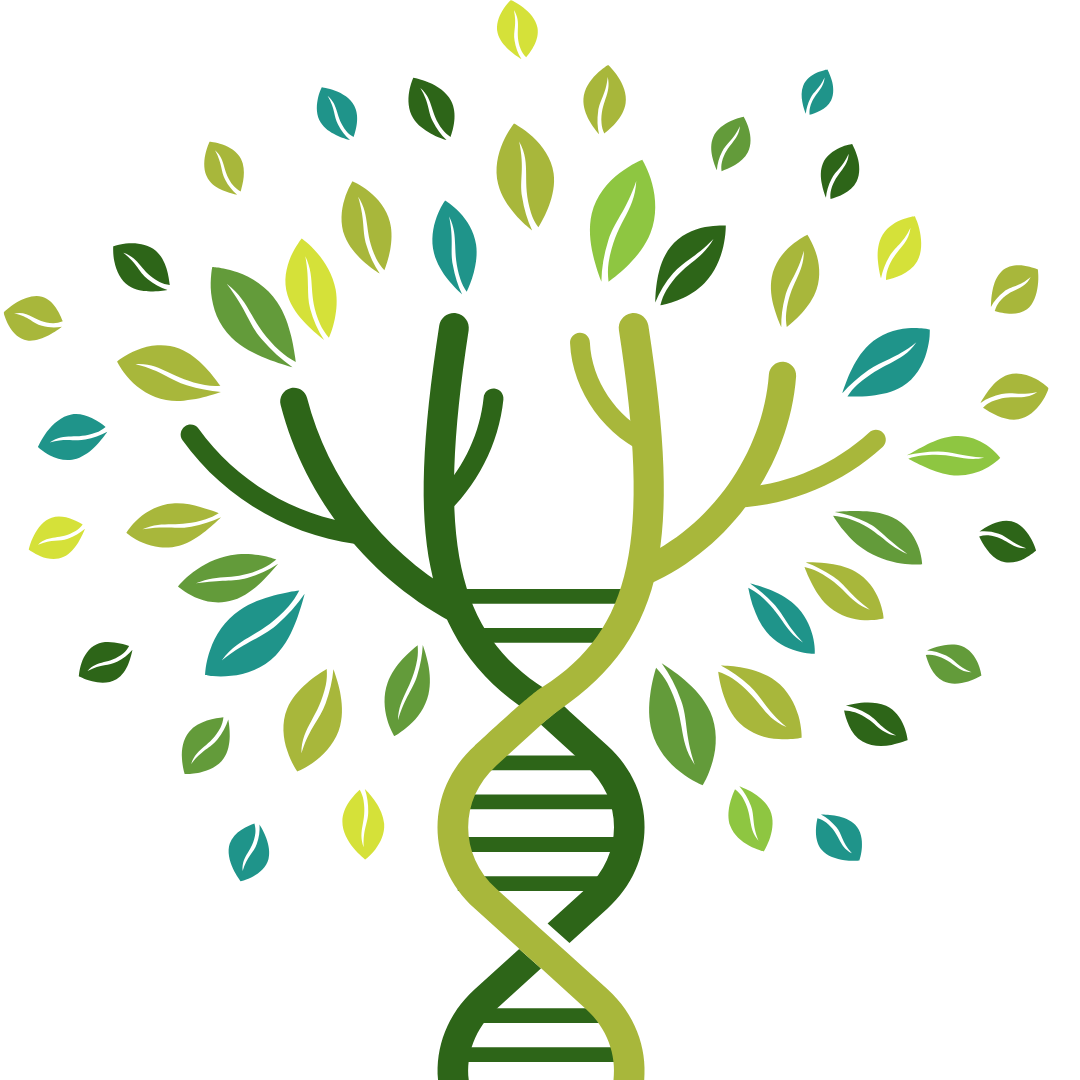Aggregated News

A London-based biotech has amassed the world’s largest ethically sourced foundational biodiversity database for training artificial intelligence (AI) by setting up partnerships with 25 countries around the world. The startup, Basecamp Research, announced in January the launch of a new computer cluster that will mine their rich biodiversity database — which contains species collected from extreme locations such as the Arctic tundra and African deserts — to develop new and unique proteins with commercial potential. In agreeing to share revenues from these proteins before conducting its explorations, Basecamp brings an unusual approach to commercial bioprospecting, an activity traditionally associated with injustices towards Indigenous cultures, biopiracy and colonial practices.
The age-old search for medicines derived from nature has entered a new era. Driven by the need to increase the number of proteins to better train machine-learning algorithms, commercial bioprospecting is undergoing a renaissance. Scientists are going into unexplored areas to sample the genomes and proteins of millions of species with the ultimate goal of finding better versions of what is already in nature.
AI-based design has so far been limited to...



